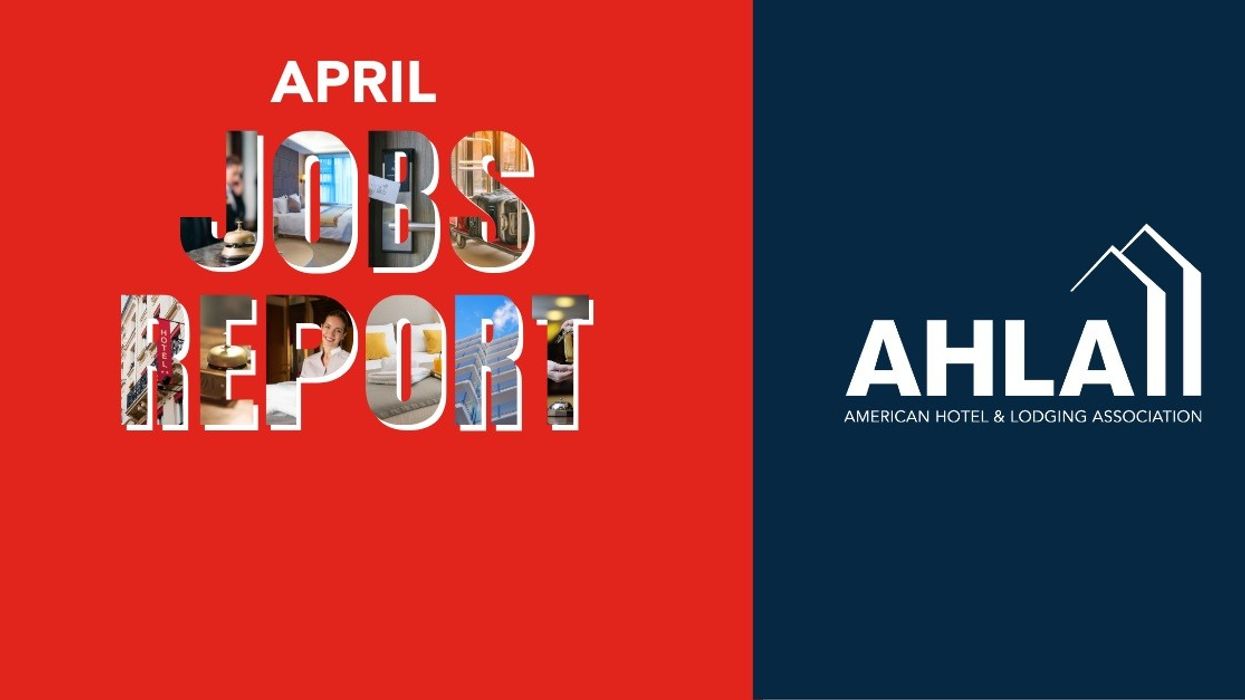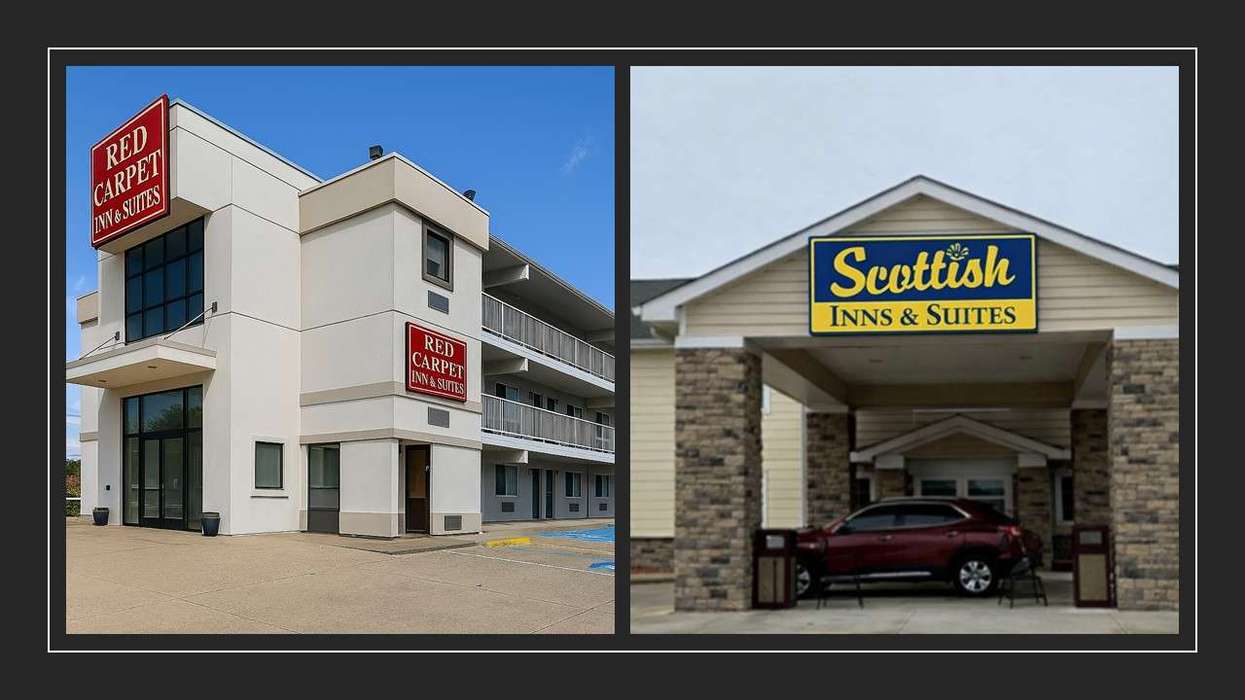U.S. HOTELS ADDED 1,200 jobs in April, recent government statistics showed, yet employment levels in the industry still lag significantly behind pre-pandemic levels, according to American Hotel & Lodging Association. The Bureau of Labor Statistics also noted that there are currently about 1.92 million people employed in hotels, representing a decrease of 193,600 compared to February 2020. The association is advocating for policy changes to address hospitality industry’s labor shortages.
AHLA urged the Department of Homeland Security to issue around 65,000 additional H-2B temporary nonagricultural worker visas, as authorized by Congress in the Further Consolidated Appropriations Act.
“Hotels are doing all they can to attract and retain workers, but the nationwide workforce shortage is preventing our industry from reaching its full potential,” said Kevin Carey, AHLA’s Interim president and CEO. “AHLA members need help filling open jobs so they can maintain and expand operations. The DHS can provide vital assistance by making available nearly 65,000 additional H-2B visas. Meanwhile, we are urging Congress to pass three important bills to help grow our nation’s workforce: the Asylum Seeker Work Authorization Act, the H-2 Improvements to Relieve Employers Act and the Closing the Workforce Gap Act.”
Hotels are enhancing wages, benefits, and flexibility to combat a nationwide labor shortage, AHLA said. Since the pandemic, hotel wages surged by 26.7 percent, surpassing the economy's 21.5 percent increase. Despite these efforts, tens of thousands of hotel jobs remain unfilled in the U.S., the association said, citing vacancies on job portal Indeed.com.
The U.S reported 8.5 million job openings as of March, with only 6.4 million unemployed individuals available to fill them, according to the BLS.
AHLA urged Congress to pass bills expanding the workforce to support hoteliers' operations including:
- The Asylum Seeker Work Authorization Act proposes granting work authorizations to asylum seekers at ports of entry 30 days after applying, if their applications are valid. This would aid hotels in addressing staffing shortages by allowing eligible asylum seekers to work sooner, instead of waiting six months as per current law, easing their reliance on local support.
- The HIRE Act proposes extending the H-2A/H-2B labor certification to three years and permanently waiving in-person interviews for returning workers. The bill aims to simplify job recruitment in sectors facing staffing challenges, such as hotels.
- The Closing the Workforce Gap Act of 2024 proposes replacing the current annual cap of 66,000 H-2B guestworker visas with a needs-based allocation system.
The AHLA Foundation recently hosted the annual ForWard conference at the Hyatt Regency McCormick Place, focusing on the theme "Right the Narrative," highlighting storytelling and women's voices in the hotel sector. The event drew around 1,000 attendees from the industry.






